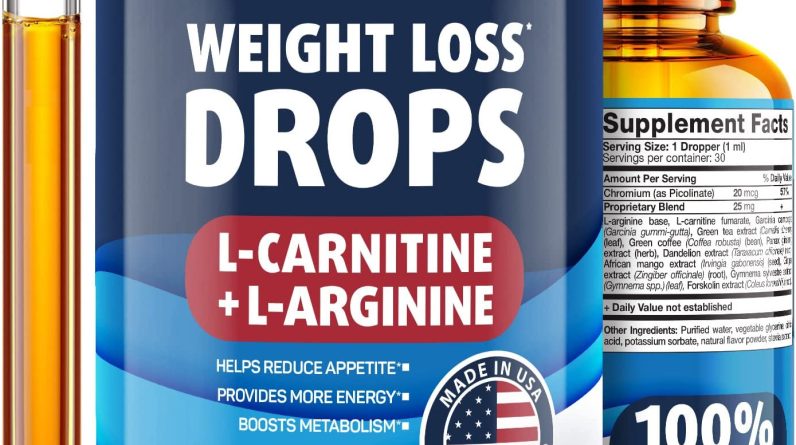

- Lose Weight, Improve Health - Our diet drops easily help in weight loss goals achievement and enhance your overall wellbeing too! Detox your digestive system, boost your immunity.
- Proven Ingredients - L Carnitine, L Arginine, Garcinia Cambogia, Green Tea, Green Coffee Beans, Dandelion Root, Ginger and Chromium combined together for extra effectiveness and safety!
- Safe Appetite Control - Our product is an effective appetite suppressant and metabolism booster excellent for women and men! No side-effects - only impressive slimming effects!
- Full Glorywill Warranty - Our priority is to ensure compliance with the high-quality standards to deliver you the experience you deserve. Сontact us and we will do our best to help you!










